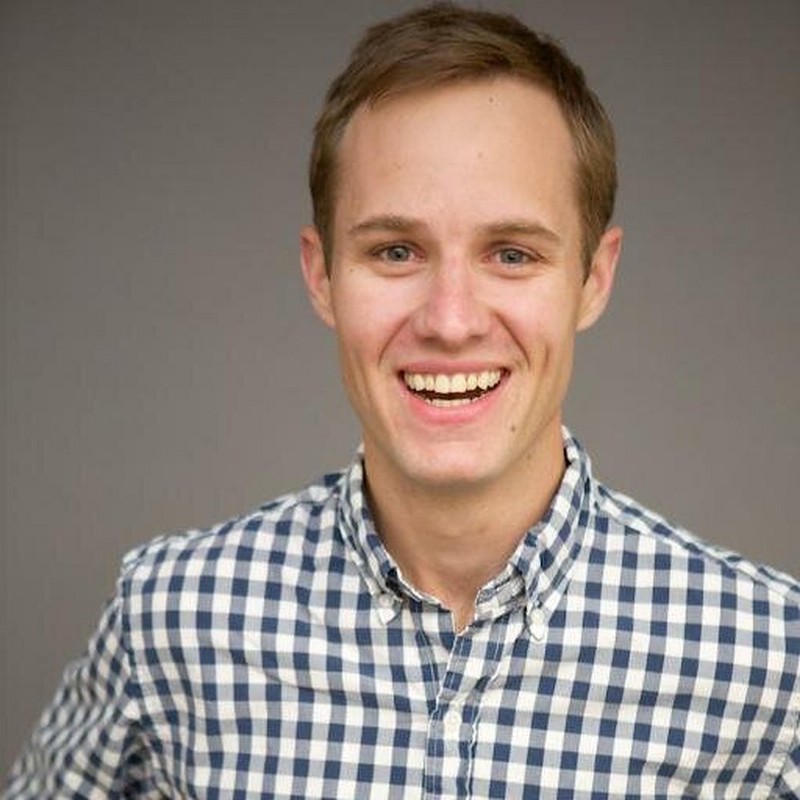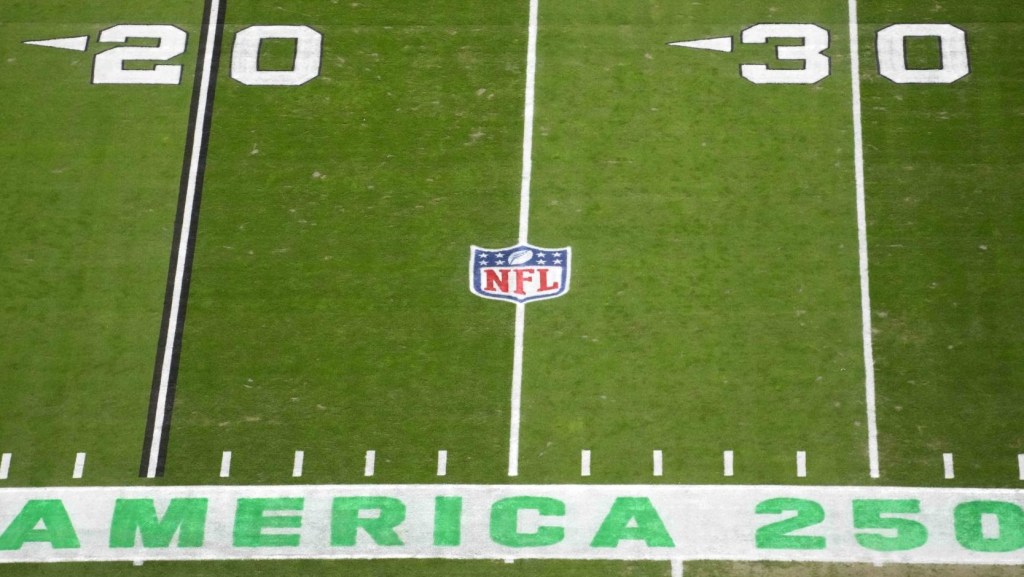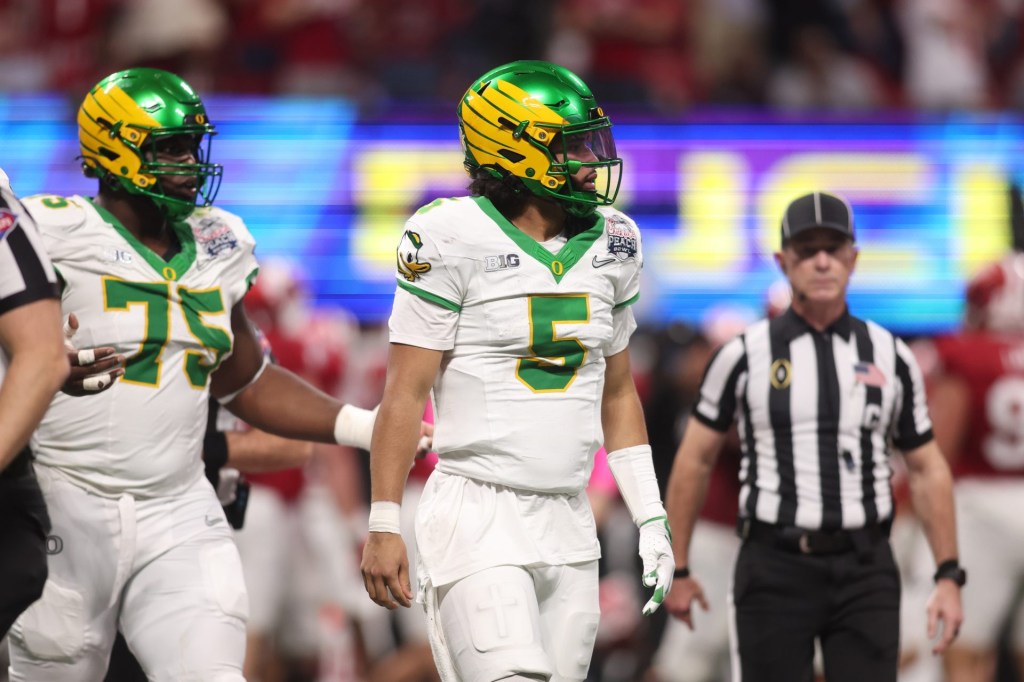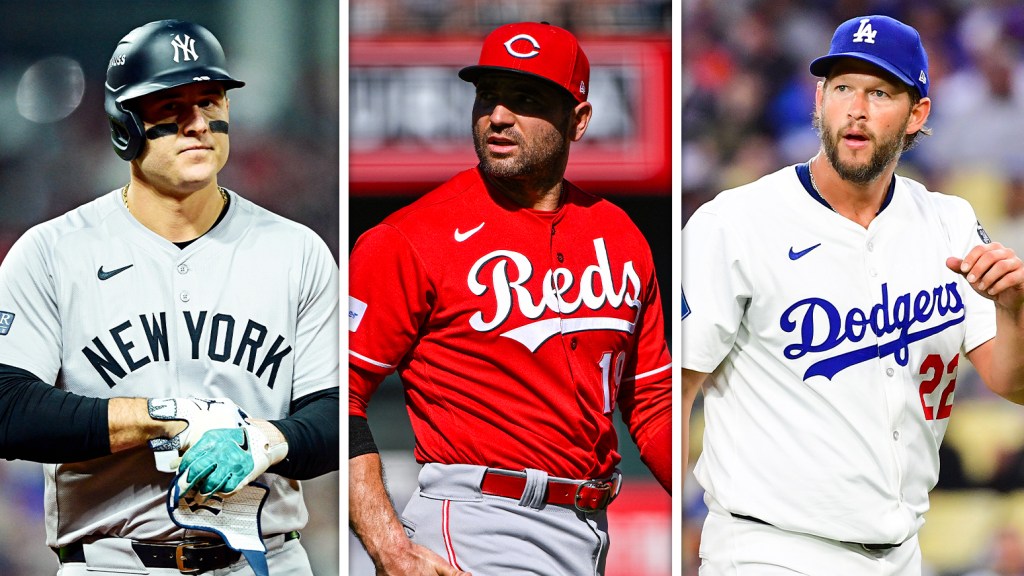By: Jason Stein, @JStein209

Front Office Sports is proud to have had the opportunity to speak with Will Ober. Mr. Ober is a senior account executive with Edelman, a world recognized public relations firm supporting organizations across a variety of industries. Currently, Mr. Ober works on two primary accounts — a men’s grooming brand and a retail brand — where he is assigned to attract media coverage for the brands in sports media. Mr. Ober was more than happy to offer up his time and insight into his journey supporting sports business, some of the challenges he faced, and his suggestions to those seeking opportunities in sports business.
Did you always intend to get into sports public relations and how did your previous work prepare for this role?
Mr. Ober began by explaining his first full time role in sports with Condé Nast, specifically Golf Digest, where he worked as the public relations manager. He described how this work earlier in his career was much, “different from what I do now because Golf Digest is a media outlet in and of itself. My role there was to publicize our writers and our editors through appearances on television, radio, and interviews with other online and print outlets.”
“The other aspect of his job was to publicize the business of Golf Digest within trade publications. It was two pronged; I was publicizing our editorial content through our writers and editors, but also the magazine and digital businesses.”
After working with Golf Digest for over three years, Mr. Ober decided it was time to research other opportunities that would allow him to continue to progress in his career. After a few interviews, an opportunity with Edelman presented itself. They were looking for somebody in the consumer marketing practice to serve as the sports media expert.
Mr. Ober cited an example of working on a recent campaign that featured Alonzo Mourning, who highlighted a message of strength in a man’s caring side. These types of projects are what brought him to Edelman. They were looking for somebody who could translate their products into the pages of online sites and broadcast networks of sport outlets.
How would you suggest aspiring sports business professionals approach new opportunities? Should they target a specific role in sports or should people approach new opportunities with an open mind to get in the door?
“I would say the latter. If you don’t have experience in sports business and you don’t know all the moving parts, you won’t be well rounded. You’re best served by casting a wide net.”
“Being more open minded in the beginning allows you to determine what about the business, or what discipline in the business, is going to work best for you as a professional. You need to get your hands dirty a little bit by interning and talking to people so that you can understand what they do, how they do it, and whether or not that’s a fit for what you ultimately want to do.”
“Once you spend time casting that net, talking to people and interning you can make an informed decision on where you want to truly focus your career. Ultimately, it’s casting a wide net first, and then honing in on what part of the business you want to be in, and focusing like a laser there.”
What challenges were you faced with when first breaking into the industry and then trying to move up throughout the industry?
“I think the biggest challenge of getting into sports is really cracking that first job and finding your way in. It’s important to understand why you want to work in the industry and make sure you’re getting into sports for the right reason. Just saying I love sports is the wrong answer.”
“If you’re a fan, or you’re passionate about your team or a particular athlete, that doesn’t necessarily make you the best person to work in the business. When you get into the business, you have to take a step back from being a fan. As in any industry, it’s not all fun all the time. It’s sexy on the outside for a lot of people, and they quickly learn that it’s like any other business, it requires a ton of work, and in order to succeed you can’t just be a fan.”
Another challenge, and another misconception in sports, that Mr. Ober shared, is the fact that the sports business is not one that is going to make you rich. As he explained, “many people are lured to professional sports by seeing the huge contracts of the athletes. If you’re an agent, you have the potential to make money.”
“Be careful that you aren’t getting into sports for the wrong reasons. The wrong reasons are, number one, because you’re a fan and you’re passionate about consuming sports, and number two, thinking that it is a quick way to make a lot of money.”
Whether it’s going through specific educational programs, going to networking events or other things of that nature, how can aspiring business professionals best position themselves and differentiate themselves to get in the sports industry?
“If you decide you want to work in sports, and your reasons are genuine, it’s about networking as much as possible, going to conferences, and speaking with people who are in the business.”
He also discussed the importance of educating yourself on how the business works. Whether it’s by being a weekend warrior, reading about it or going to a formal education program, it’s important to understand how the business works before trying to get into it.
“Going to Georgetown was one of the best things I did. The faculty was comprised of folks who work in the industry every day not necessarily your academic professors you encounter in typical graduate school programs. Through the people I was learning from, I was able to make connections, get introduced to other people, find internships and really immerse myself in the day-to-day business, as opposed to learning about it from textbooks.”
How important is it to develop a strong network and mentors that will help guide and support you on your path working in sports business?
“I think mentors are critical,” Mr. Ober declared. “I still speak regularly to a mentor of mine from the graduate program at Georgetown and she is a terrific resource for me. It’s critical to have people who are older and more experienced than you advise you on the various challenges that arise inevitably as you work your way through your career.”
“On the flip side, it’s important to pay it forward. I’m always talking to younger students in the Georgetown program or anybody that reaches out to me. I always try to find the time to advise them on whatever it is they might be inquiring about because people have done the same thing for me.”
“I’m so grateful to the people in my network for doing what they’ve done for me, that I feel compelled to try and put my best foot forward to try to help others.”
In a few words, how would you define sports business and why?
After asking the question, the word ‘unique’ resonated most to Mr. Ober when describing sports business.
“I think it’s unique because our business revolves around tapping into people’s passion. What we’re doing is entertainment and, at the end of the day, we’re trying to find ways to earn money from what people are passionate about. That’s what makes it different.”
Parting Thoughts?
“Never pass up any type of opportunity that might be in front of you. Even if it’s in a sport that you don’t necessarily have a ton of passion for. Again, it’s the business, not the sport.”
“Talk to many people as you can, read as much as you can, and just continually educate yourself.”
“You’ve got to be prepared to do things that you might consider initially to be “below you”. There is a lot of grunt work and there are long hours. Understand the landscape and understand that it is a job. At the end of the day, it is a business like any other business, trying to earn money.”
We would like to thank Will for his time and insight! You can follow him on Twitter here or connect with him on LinkedIn here!
















